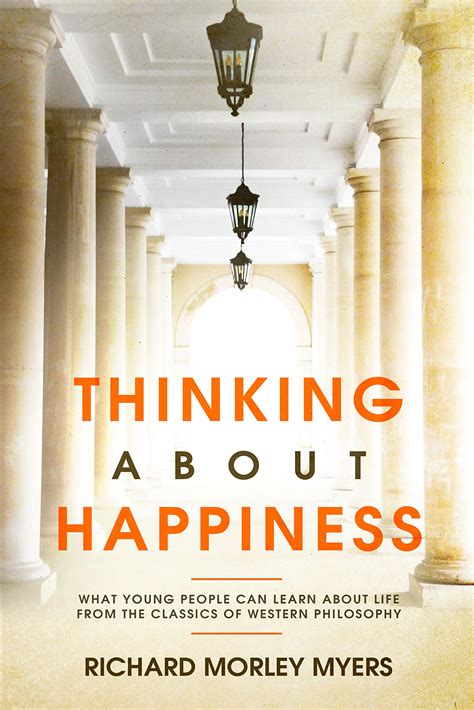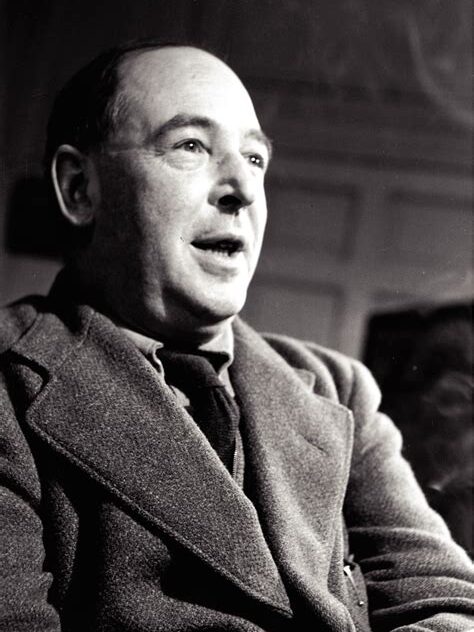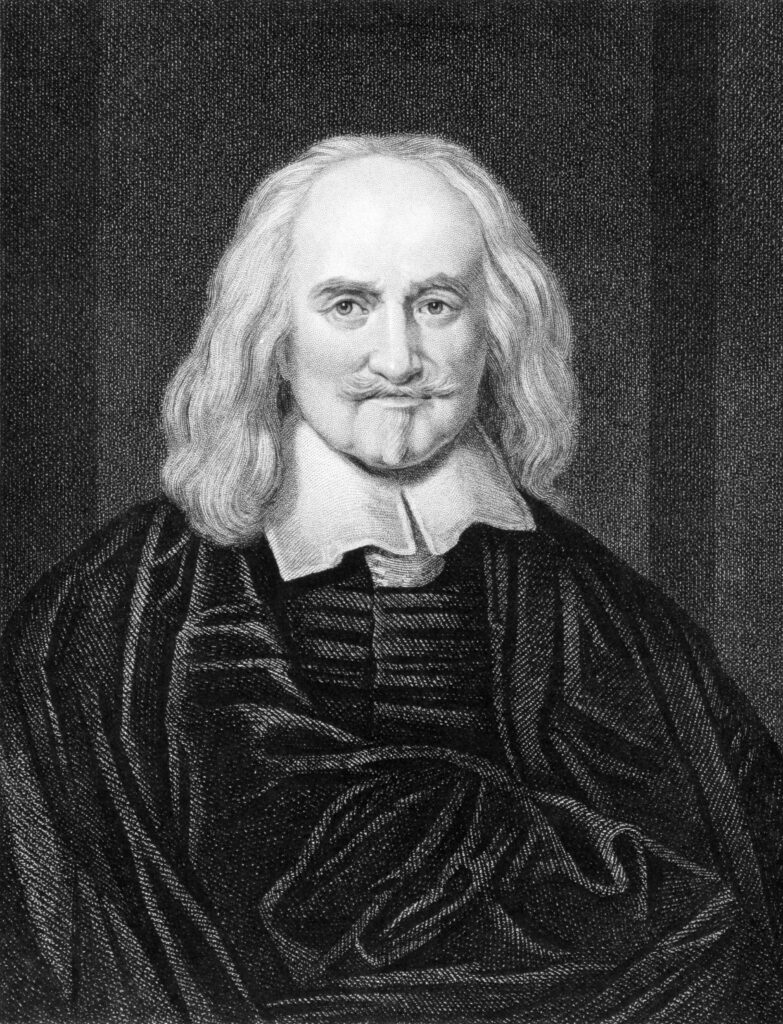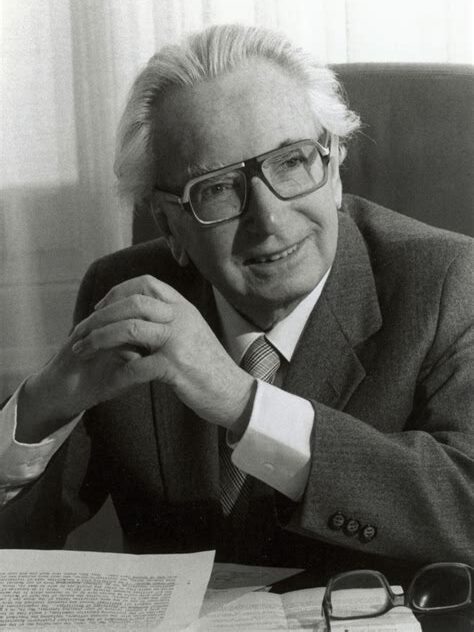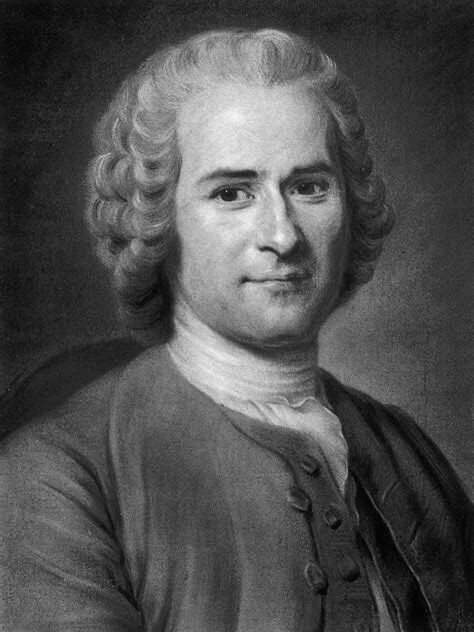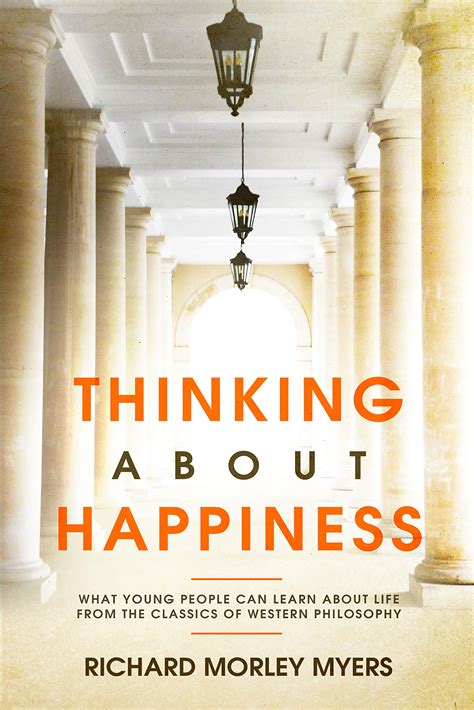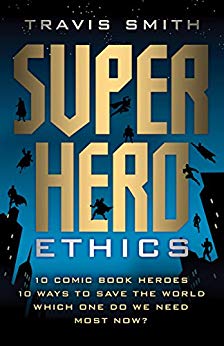Review by Jonathan Ranallo
Edited by Maggie Velisek
According to Aristotle, all human action ultimately aims at happiness. Happiness is something that we all think about to some degree, but perhaps most of us don’t dwell on it in any profound way. Nor would many of us be able to define it or to describe a reliable method of cultivating happiness in our lives. This is unfortunate, as many of us are very unhappy. What is fortunate, however, is the fact that this is not a new question by any means; some of the greatest minds of Western philosophy have devoted entire volumes to the topic of happiness ever since the time of the Ancient Greeks. Where to begin, though? A newcomer to philosophy may feel a bit lost without some sort of guide. Enter Dr. Richard Morley Myers, whose book Thinking About Happiness is meant to serve as such a guide. Although primarily intended for young readers (as suggested by the subtitle, What Young People Can Learn About Life from the Classics of Western Philosophy), this book serves as a useful entry point for anyone interested in learning about how to live the Good Life.
The way Myers structures Thinking About Happiness is akin to how one might structure a symphony. He opens the book with an overture that boils down what the book is all about into a relatively brief overview. He acknowledges the challenges that many people—especially young people—face when it comes to finding happiness and living the Good Life. He offers a potential solution to these challenges: reading the great works of Western philosophy and literature and approaching them in the spirit of Socratic inquiry. Furthermore, he tells us why this strategy can be effective, using Plato’s Allegory of the Cave as an illustration. Because philosophy has been practised for so long and in so many different cultures, it gives us ample opportunity to sneak a peek into other epistemological and sociological caves (so to speak), comparing what we find there to the contents of our own cave. The result can be a recognition of biases or idiosyncrasies unique to our own time and place—ones which may hinder us in our own understanding and pursuit of the Good Life.
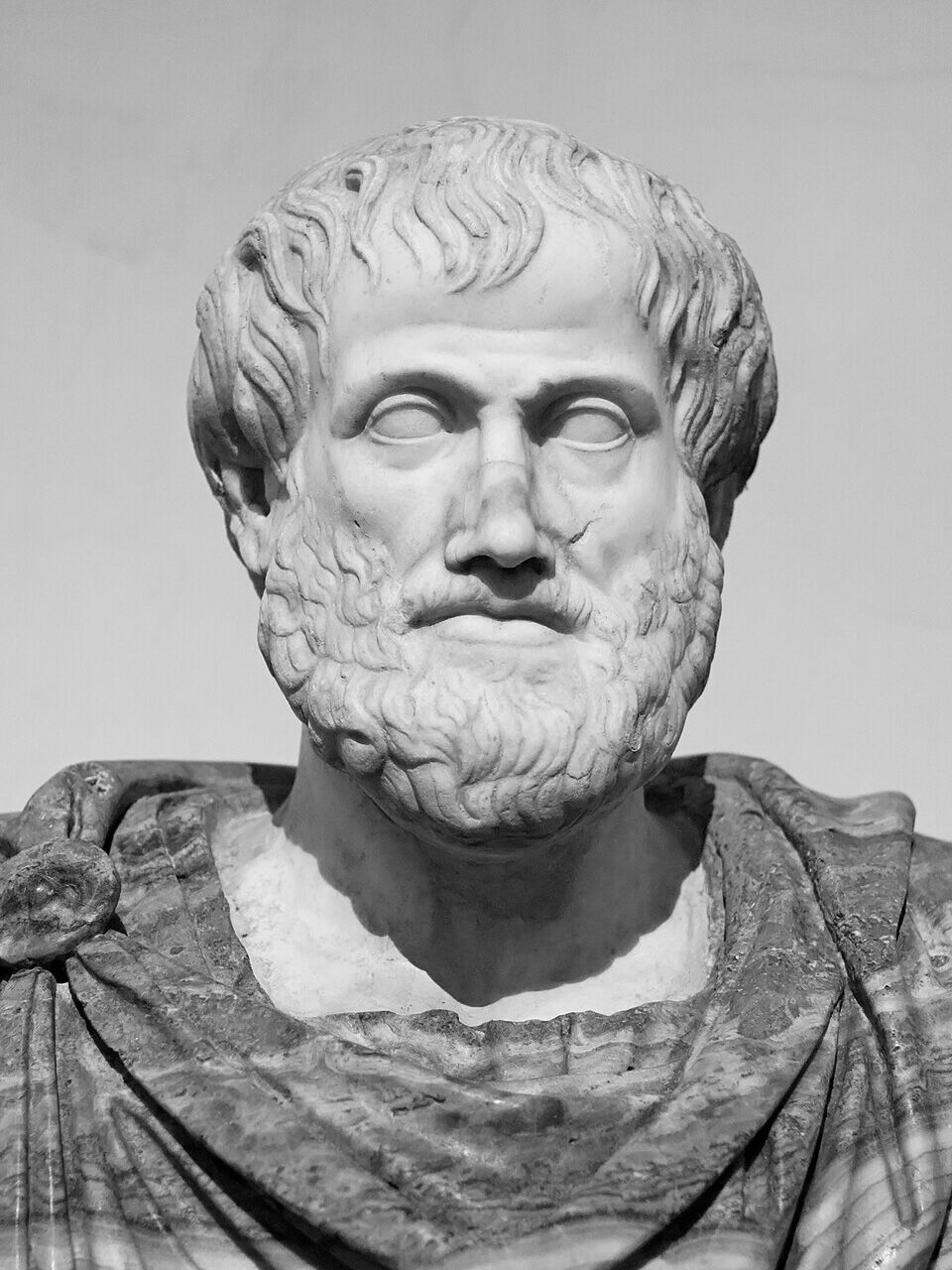
In keeping with the symphony analogy, Myers then launches into four distinct movements, each focusing on a distinct period of Western intellectual history and the prevailing conceptions of happiness therein. He begins, of course, with the Ancient Greeks, having already discussed Socrates and Plato in the first chapter. The natural next step, I suppose, is to talk about Aristotle; specifically, Myers addresses Aristotle’s formulation of virtue ethics, as found in his endlessly fascinating Nicomachean Ethics. Virtue ethics—which basically refers to any system of ethics based on virtue or excellence—was ubiquitous in the Classical world. Aristotle seems to be the poster child of virtue ethics nowadays, although if you ask me, the Stoics should have that distinction, for they argued that virtue is not only necessary for the Good Life but also sufficient—happiness requires nothing more and nothing less than virtue. Anyway, although Myers doesn’t mention the Stoics, he does make the fascinating move of examining Jane Austen’s Pride and Prejudice alongside Aristotle’s Ethics, arguing that Austen’s ethical outlook aligns more closely with virtue ethics than the utilitarian or consequentialist ethical systems espoused by many of her contemporaries. Perhaps we can learn a thing or two from Austen’s willingness to think outside the box (or perhaps, I should say, outside the cave).
The second movement in Myers’ symphony of felicitous philosophy focuses on love. Whereas virtue was the name of the game in the Classical world, things took a different turn in the world of Christian Medieval Europe. To the Christian, love is what makes the world go round—and also “moves the sun and the other stars,” as Dante Alighieri tells us. Indeed, Dante’s Divine Comedy would have been a fine text to examine in this chapter, as would St. Thomas Aquinas’ Summa Theologiae; however, Myers instead chooses to focus on C.S. Lewis’ book The Four Loves, another fascinatingly anachronistic move. In this book, Lewis posits that love is both the meaning of life and the secret to happiness. Love, according to Lewis, takes on four main forms, each denoted by one of the Greek words for love: affection (storge), friendship (philia), erotic love (eros), and charity (agape). (The Greeks did, in fact, have at least seven or eight words for love, but Lewis found these four sufficient.) In addition, Lewis distinguishes between three further sub-types, which are present in the first four forms to varying degrees: “need-love,” “gift-love,” and “appreciative love.” Perhaps Lewis’ technical breakdown isn’t exactly one which Thomas Aquinas or Dante would have recognized, but all three of them could agree on one thing: that God is love, and, therefore, love must play a central role in the Good Life.
The next movement in Myer’s work is set to a somewhat different tone. Gone are the lofty ideals of love and virtue put forward by Christian theologians and Classical philosophers; those things are now out the window, off the table, and under the rug, to be replaced by something much more mundane: pleasure. In this chapter, Myers principally focuses on Thomas Hobbes’ Leviathan but also examines the utilitarian philosophy of John Stuart Mill. Although Mill’s philosophy is somewhat more sophisticated than Hobbes’, they are both fundamentally based on materialistic and hedonistic assumptions. The state of nature, according to a famous quote from Hobbes, is “nasty, brutish and short.” Everyone is out for themselves and themselves alone, which primarily means chasing pleasure and avoiding pain. The Good Life, for Hobbes, consists merely of moving from one pleasurable experience to another, chasing shiny object after shiny object, riding the hedonic treadmill until you die—exactly the kind of life that Aristotle considered fit only for beasts. Virtue? Never met her. Love? Miss me with that noise. According to post-Renaissance and Enlightenment thinkers like Hobbes and Mill, the philosophy and religion of the ancients were a bit too fanciful and a bit too idealistic. Many of us today would probably agree with them, but there’s a compelling argument to be made that the moderns may have thrown the baby out with the bathwater.
What inspired Hobbes to write Leviathan was the constant state of fear and violence of the world he was born into due to the European wars of religion. War and violence are also what inspired the writing of the book Myers focuses on in the fourth movement of his symphony: Man’s Search for Meaning, by Viktor Frankl (he also examines Jack London’s The Sea-Wolf, but Frankl’s book is frankly more interesting). This remarkable book was inspired by Frankl’s experiences in Nazi concentration camps during the Holocaust and his observations as a psychologist as to what separated those who survived these horrors from those who perished. According to Frankl, it is not necessarily virtue, love, or pleasure that leads to the Good Life, but meaning. And meaning, Frankl tells us, can be found in three basic forms: creative work (e.g. art, science, philosophy, craftsmanship, etc.), beautiful experiences (e.g. the appreciation of art, nature, or loved ones), and (perhaps surprisingly) suffering. How can suffering possibly lead to happiness? Are those two things not opposites? Hobbes might agree, but Frankl sees meaning—and therefore happiness—as completely distinct from pleasure and pain. And crucially, suffering qua suffering is not meaningful; one must suffer for something, for some worthy cause. One’s suffering must mean something, and it is one’s responses to the hardships of life that are meaningful, not the hardships themselves. Frankl himself describes the fundamental principle of his philosophy using the following quote from Nietzsche: “He who has a why to live for can bear with almost any how.”
Having conducted us through these four felicitous movements, Myers now ties everything together with a sort of coda at the end of the book, briefly reiterating the arguments encountered so far and adding a few new comments or observations of his own. As with every other chapter in this book, Myers brings in a philosophical text to help focus the discussion, and in this case, it is Rousseau’s Discourse on the Origins of Inequality. Now, I must admit that I found this part of the book a bit meandering and rather a bit longer than it truly needed to be. I suppose there’s something to be said for repetition, but I personally have a distaste for too much of it. A good deal from this final chapter is new and adds to the discussion, but much of it also appears in the previous five chapters (sometimes more than once), which seems unnecessary and tedious to me. Perhaps this repetition is an artifact of Myers’ background as a professor. Indeed, although I found myself broadly agreeing with Myers at almost every turn, I couldn’t quite shake the distasteful feeling that I was being lectured at (which probably isn’t a beneficial feature for a book aimed at young people).
How else could this book be improved? One thing which stands out to me is the exclusion of non-Western philosophy and religion from this discussion. Now, Myers himself addresses this early on in the book, saying that he is sure that non-Western philosophy has plenty of wisdom to offer but that it’s sadly beyond the scope of this book. Perhaps it was a prudent decision to limit the scope in such a way, but I could see this book being profoundly enriched by the inclusion of Eastern philosophy and religion (just as they have profoundly enriched my own life and approach to happiness).
Despite these minor gripes of mine, the intelligent prospective student of philosophy will find this book a useful jumping-off point. Myers provides a few compelling arguments for what constitutes the Good Life (and also Hobbes’ argument), as well as a broad overview of how Western philosophers have addressed that question. The reader is shown many potential avenues for further research should they find any of the ideas in this book compelling. I applaud Myers for writing this book, as I believe it and similar books are sorely needed now, especially for young people who are still trying to make sense of the strange world in which we find ourselves. My own studies of Western (and Eastern) philosophy have convinced me of one thing more than anything else: the answers lie not in the promise of progress but in the lessons of the past; ignore the wisdom of the ancients at your own risk. And those old, dead, wise guys had a thing or two to say about happiness, which may be of great use to young folks today.
